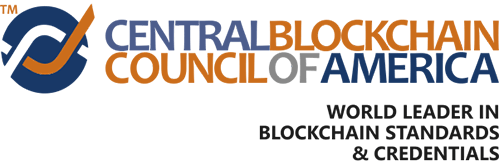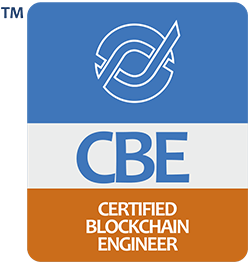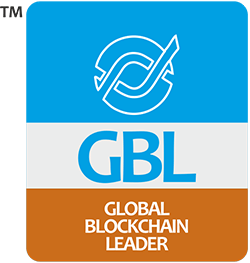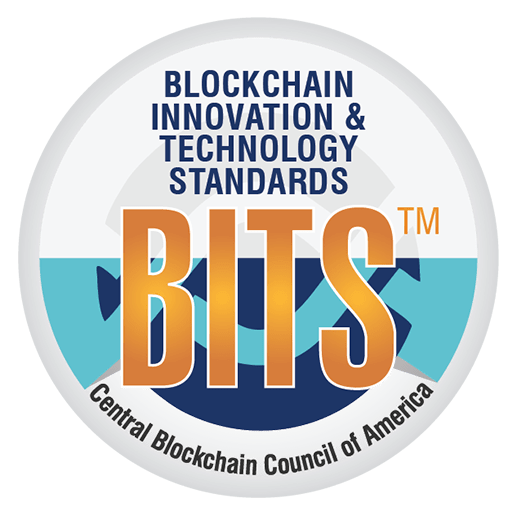Dec 11, 2018

Blockchain is turning out to be a bigger phenomenon than industry experts had originally predicted. Outside of Crypto Currencies, there are significant impacts that businesses are leveraging, churning out greater demand for skilled and credentialed professionals.
Blockchain, in spite of cynics and critics, has turned out to be a game-changer in business, and the technology community is only beginning to scratch the surface on the potential impacts it can have. The erstwhile centralized, enterprise database is now decentralized, scrambled and stored on a peer-to-peer network, queried securely and is far more efficient with far less computing resources.
Most people fail to look into blockchain beyond crypto currencies, and this is probably the reason why most people think its impact and implications are limited to banking and finance only. This couldn’t be further from the truth. Likewise, careers related to blockchain are projected to be as broad based as the sectors in which they are implemented, and the possibilities are vast. Examples include:
- Global Trade
Transaction records and secure geolocation information, coupled with the security of blockchain, is increasing the scope and opportunities manifold. Almost every global trade firm is in the initial stages of developing their blockchain capabilities. Skills in demand include blockchain analysts, users with knowledge of blockchain architecture, and blockchain developers.
- Human Resources
This domain has largely been hailed by most industry and technology experts as the function likely to be the most impacted by blockchain. Several hot startups in this space are already on their way to unicorn stardom. Recruitment and hiring specialists who understand blockchain technology, functional professionals who can implement them in their department or consulting agencies, and engineers in blockchain are in huge demand in this segment.
- Legal
An industry largely unnoticed until now. Legal consulting has multiple uses of blockchain technology in almost every aspect, case files record keeping, assets identification, personal legal identification and distributed and secure database are some of the simple use cases. Imagine a world with comprehensive, readily available case and easily accessible asset history, combined with the security of decentralized storage and the flexibility of distributed computing architecture. First movers in this domain are already making their move, and many other large corporations are incorporating blockchain initiatives in their legal departments. Law graduates who understand the applicability of blockchain technology in the legal profession are already being sought after as blockchain business professionals, and of course, developers who can rapidly implement blockchain solutions within organization or as startup companies.
- Healthcare
One of the biggest service sectors in the world has also been one of the earliest adopters of blockchain technology, just after banking and finance. Patient case studies, drug trials, medical records and consultation/advice history are the functions primarily in use at present. The scope is set to expand as more functions both institutional and individual, come under the fold of blockchain technology. Naturally, users with a sound understanding of implementation and solution configuring are being sought after all over the world. Others include developers and cyber security engineers who understand the nuances of confidential data management, including solution engineers/architects.
- Insurance
A cash rich industry about to discover the efficiency and security of a decentralized database may sound like a match made in heaven as far as careers are concerned, and that’s not far from the truth. Insurance use cases in blockchain are multifarious. Policy records, risk assessment tracking, transactions and cross sector data sharing, all of these critical functional will require professionals with specialized skills, validated by certifications, who are able to implement cross-sectoral blockchain projects at scale, while having sound fundamental knowledge in risk management and actuarial sciences. Developers, too are a major component of hiring in this sector for several blockchain initiatives.
The use cases are as exhaustive as they are diverse. The listings above are understated and merely indicative of the sheer scale of implementations.
The common thread, however, across industries, platforms, blockchain tech startups and large employers is a clear demarcation of the two kinds of roles where blockchain specialists will fit in- techno-functional and developers. Blockchain architects and engineers on the one hand, alongside blockchain professionals, analysts and consultants (all of whom are business solution centric) are the two kinds of skills that are in demand, and these number in the tens of thousands on LinkedIn and other job boards and freelancing sites. Professionals with blockchain expertise, and engineers with end-to-end project delivery capabilities. The Business Blockchain Professional and Certified Blockchain Engineer - two of the most sought after professional credentials by Industry and Employers, from the Central Blockchain Council of America’s stable.
Get Smart. Get Ahead.









